1. Kurt Cobain
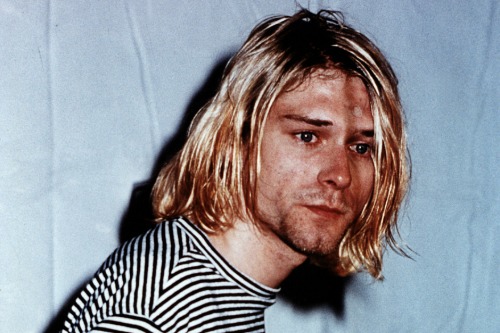
Kurt Cobain never asked to be the poster child for disillusioned Gen X youth—he just wanted to make raw, honest music. But when Nirvana’s Nevermind blew up in 1991, suddenly he was everywhere: on magazine covers, in think pieces, at the center of a cultural reckoning. His music, filled with angst and contradiction, captured the alienation of a generation raised on broken promises, according to Jonathan Freedland of The Guardian. Ironically, the more he resisted the spotlight, the more people projected their meaning onto him.
Cobain openly hated fame, and interviews often revealed how uncomfortable he was being treated as a symbol. He didn’t want to be anyone’s hero; he just wanted to play music that meant something. But Smells Like Teen Spirit became an anthem, even though he reportedly thought it was one of their weaker songs. In the end, his reluctance to lead made him even more of a figurehead.
2. Bob Dylan

Bob Dylan never set out to be “the voice of a generation,” even though that title has followed him since the 1960s, according to Aaron J. Leonard of Literary Hub. When Blowin’ in the Wind and The Times They Are a-Changin’ became protest staples, he was just writing about what he saw and felt. But his poetic lyrics and deadpan delivery captured the zeitgeist of a restless, justice-hungry youth. He dodged labels constantly, once telling a reporter, “I’m just a song and dance man.”
Dylan repeatedly distanced himself from activism, even while his songs were used as rallying cries. He hated being boxed in, especially when he went electric in 1965 and was booed by folk purists. Still, there was no escaping the fact that his words helped shape the counterculture. Whether he liked it or not, his art carried a message too loud to ignore.
3. Joni Mitchell
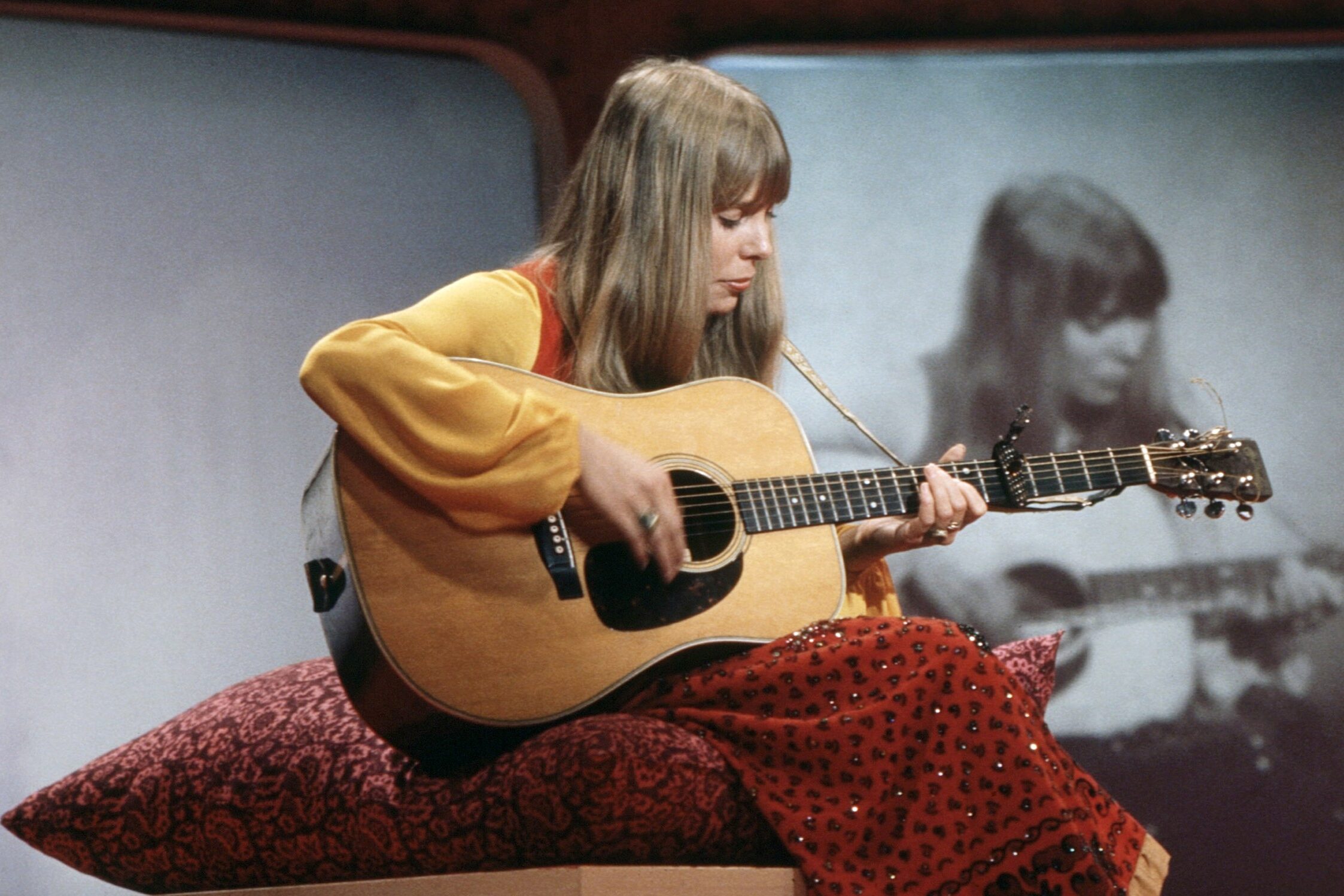
Joni Mitchell’s confessional songwriting in the ’60s and ’70s struck a deep chord, especially with women trying to find their own voice, according to Annie Zaleski of NPR. Albums like Blue were intensely personal, not meant as manifestos—but they became just that. She sang about love, loss, freedom, and insecurity with a rawness that made her feel like a mirror to the listener. Suddenly, she was speaking not just for herself, but for millions.
Mitchell wasn’t aiming to be a feminist icon, but her refusal to compromise her artistry or her image made her one anyway. She resented being pigeonholed or idealized, insisting her songs were just her truth. Yet, women saw themselves in her lyrics, from “A Case of You” to “Both Sides Now.” Her vulnerability created a kind of unintentional solidarity.
4. James Baldwin
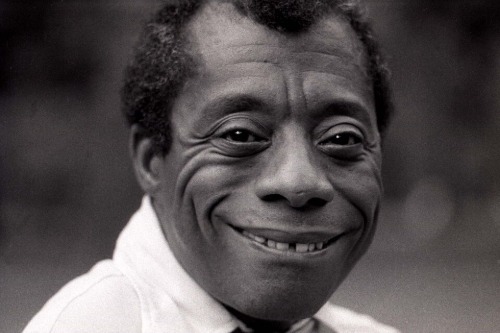
Though primarily known as a novelist and essayist, James Baldwin’s powerful commentary on race, sexuality, and identity made him essential to the American conversation, according to Jessi Mitchell of CBS News. His books like The Fire Next Time were searingly honest reflections on Black life in America. He didn’t seek to be a civil rights spokesperson, but his clarity and fearlessness made him unavoidable. His eloquence turned everyday pain into lasting truth.
Baldwin spent much of his life abroad, partly to escape the racism of America and the pressure of being a symbol. Still, he kept returning—to the U.S., to television panels, to protests—because the fight needed voices like his. He wanted to write, not lead. But when his pen became a sword, people followed.
5. Fiona Apple

Fiona Apple started out as a shy, reluctant star with a debut album (Tidal) full of emotional fire. Her music was deeply introspective, vulnerable, and often unsettling—things pop stardom wasn’t quite ready for in the late ’90s. But people clung to it, especially young women who saw themselves in her fury and fragility. Her infamous 1997 VMA speech—“This world is bullshit”—only cemented her as an unwilling truth-teller.
Apple took long breaks between albums and never seemed comfortable with the industry machine. But when Fetch the Bolt Cutters dropped in 2020, it felt like the voice of pandemic-era emotional chaos. She didn’t ask to be a soundtrack to quarantine self-reflection, but that’s what she became. Her honesty made space for everyone else’s messy truths.
6. Gil Scott-Heron

Gil Scott-Heron is often called the “godfather of rap,” though he probably wouldn’t have liked the title. His spoken-word poetry set to music—especially The Revolution Will Not Be Televised—sparked a whole new wave of political art. He wasn’t trying to start a genre; he was just trying to call out injustice. Yet his cadence and content laid the groundwork for hip-hop’s conscience.
Scott-Heron battled addiction and didn’t chase the spotlight, but his words never stopped resonating. He saw his work as journalism, not performance art, yet it spoke with a rhythm that changed culture. Later artists from Kanye to Kendrick have cited him as an influence. Even in silence, his voice echoed.
7. Ani DiFranco

Ani DiFranco started out as a punky folk singer with a DIY ethic and a ton of grit. She toured relentlessly, released her music independently, and sang about feminism, bisexuality, and politics long before it was marketable. She never asked to be a movement, but the riot grrrl and queer scenes found something sacred in her raw, unfiltered presence. Her voice became synonymous with indie rebellion and womanhood on fire.
DiFranco bristled at being anyone’s icon, once saying she felt “used” by those who wanted her to represent them. Still, she showed what autonomy could look like, especially for young women in male-dominated industries. She built a path others now walk. Whether she wanted it or not, she made space by simply existing on her own terms.
8. Tupac Shakur
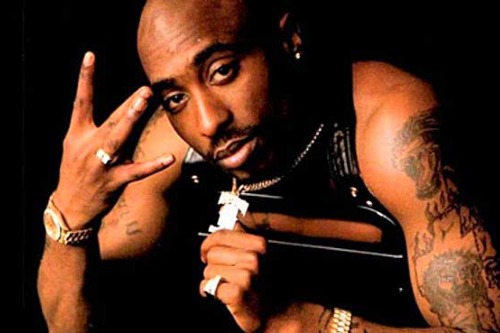
Tupac Shakur’s lyrics balanced rage and poetry, crime and compassion—an emotional range that made him hard to pin down. He didn’t start out trying to be the voice of Black America, but his upbringing and intellect pushed him there. From Brenda’s Got a Baby to Changes, he humanized the people society ignored. His charisma and contradictions made him magnetic.
Despite his tough image, Tupac studied Shakespeare and spoke openly about injustice, making him more than just a rapper. His interviews were often as impactful as his lyrics, full of brilliance and volatility. He once said, “I’m not saying I’m gonna change the world, but I guarantee I will spark the brain that will.” And he did—whether he meant to or not.
9. Phoebe Bridgers
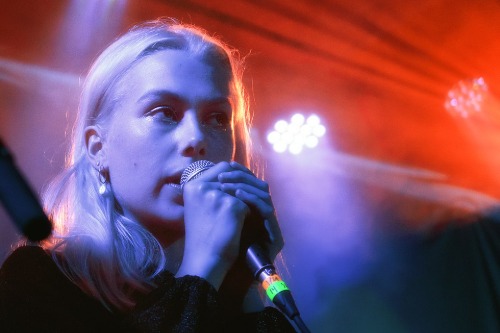
Phoebe Bridgers didn’t expect to be the sad-girl laureate of the late 2010s and early 2020s. Her debut album Stranger in the Alps quietly built a cult following, but Punisher turned her into a generational voice. She sang about depression, loss, and dissociation in a way that felt eerily universal. Gen Z, in particular, found her haunting honesty oddly comforting.
Bridgers leans into deadpan humor and avoids any overt “leader” status. But her visibility—breaking guitars on SNL, wearing a skeleton suit like armor—became symbols for a generation’s fractured identity. She’s not trying to solve anything, just tell the truth. And in that, people found catharsis.
10. Elliott Smith
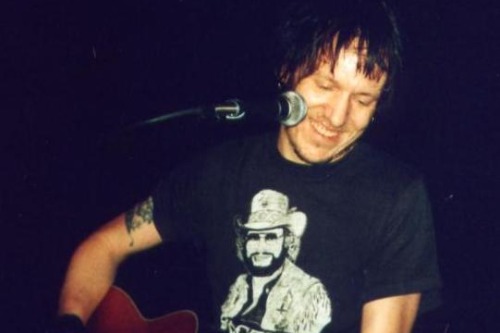
Elliott Smith wrote quiet, devastating songs that sounded like secrets you weren’t supposed to hear. His music was full of whispered pain and disillusionment, and somehow that became the soundtrack for a generation of introverts and outsiders. He never wanted fame; in fact, it made him deeply uncomfortable. But songs like Between the Bars and Waltz #2 became indie gospel.
Smith was nominated for an Oscar and performed at the Academy Awards in 1998 in a wrinkled white suit, looking completely out of place. That image alone became symbolic of reluctant artistry. He didn’t give speeches or pose for magazines—he just kept writing heartbreak into melody. And in doing so, he captured something quietly enormous.
11. Jean-Michel Basquiat
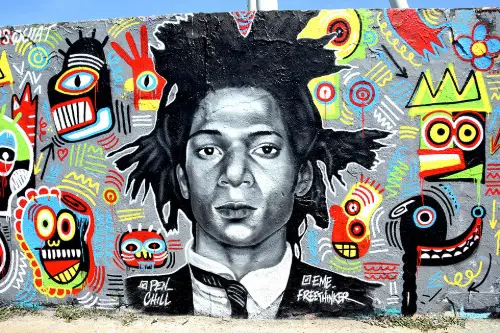
Jean-Michel Basquiat wasn’t trying to be a prophet; he just painted what he knew. Starting as a graffiti artist under the tag SAMO, he exploded onto the art scene with cryptic, chaotic works that confronted race, capitalism, and class. Critics tried to box him in, but his work refused to behave. He was only in his twenties when he became a downtown NYC legend.
Basquiat often said he didn’t want to explain his art, yet it became the subject of endless interpretation. He didn’t want to be a political symbol, but in an overwhelmingly white art world, he had little choice. His work still speaks loudly today, its urgency undiminished. The man wanted to paint; the world made him a message.
12. Billie Eilish

Billie Eilish didn’t set out to define Gen Z, but she ended up doing just that with a whisper. Her debut album When We All Fall Asleep, Where Do We Go? made vulnerability, anxiety, and darkness feel oddly pop-friendly. She sang in hushed tones about fame, fear, and body image—and teens everywhere felt seen. She broke every pop mold without trying to replace it.
Eilish has said many times that she hates being “a role model,” and that pressure weighs heavy on her. Still, she’s helped normalize mental health struggles and rejected traditional beauty norms in front of millions. Whether in oversized clothes or avant-garde fashion, she’s always herself. And for a generation obsessed with authenticity, that was revolutionary.


